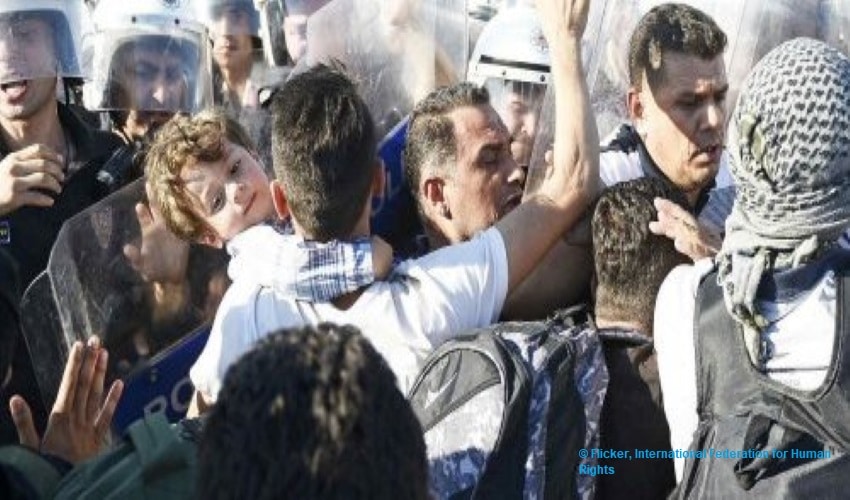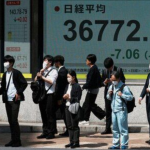
A Report, named “A Perpetual Emergency: Attacks on Freedom of Assembly in Turkey and Repercussions for Civil Society” was created by Observatory for the Protection of Human Rights Defenders (FIDH-OMCT) and Insan Hakları Derneği (IHD, Human Rights Association, a member from OMCT’s SOS-Torture Network and FIDH) with the support of EU-funded program.
A Report, named “A Perpetual Emergency: Attacks on Freedom of Assembly in Turkey and Repercussions for Civil Society” was created by Observatory for the Protection of Human Rights Defenders (FIDH-OMCT) and Insan Hakları Derneği (IHD, Human Rights Association, a member from OMCT’s SOS-Torture Network and FIDH) with the support of EU-funded program. FIDH and OMCT thanked the European Union for making publication possible.
The ‘Report’ expressed clearly in the beginning section that the contents of this report are the sole duty of FIDH and OMCT Europe and will by no means be deciphered as reflecting the perspectives on the European Union.
The 2020 Report intends to document the circumstance and uncover the limitations and difficulties influencing the work of civil society and Human Rights Defenders in Turkey in the outcome of the attempted coup in July 2016. Its goal is to give a preview of the situations wherein civil society organizations and HRDs presently work, instead of providing a comprehensive rundown of violation that has happened in a given timeframe.
? New @OBS_defenders report is out ???
— The Observatory (@OBS_defenders) July 29, 2020
? Check out "A Perpetual Emergency: Attacks on Freedom of Assembly in ??Turkey and Repercussions for Civil Society"https://t.co/vfswFn9Mt5 pic.twitter.com/yq4JH0czro
Mainly highlighting restriction and trends on the right to the freedom to assemble, the report intends to reach conclusions and suggestions for decision-makers for both the national and the global level. The second report, which is due to release in winter, centers around the freedom of association.
The first series among the two reports is on contracting of civic space in Turkey and draws its attention to the freedom of assembling and its impact on the practice of the civil society in Turkey. Whereas, the second report will concentrate on the freedom of association and study at the difficulties faced by civil society organizations and HRDs because of an inexorably contracted civic space in the nation.
Mainly the civil society and the democratic Institutions crackdown in current years occurred due to three factors: The Gezi Park protests in 2013, the failure of the peace process amid the PKK and the government in 2015, and the attempted coup in July 2016, report stated.
Numerous fragments of society suffered because of the above reasons. Particularly after the assertion of the State of Emergency, prohibitive powers and practices concluded in July 2018 had carried a setback to Turkey’s human rights history. The absence of legal control was being broadly misused by the Executive powers. The emergency further depreciated the human rights in Turkey, the report added.
Demonstrations on politically sensitive issues are more likely to be prohibited as well as condemned. For example, issues like; women’s rights, Kurdish inquiry, LGBT, sacking of public sector employees due to allegations of their ties with terror groups, and Turkey’s military foreign strategy.
The hardest hit by the emergency rule were the women’s rights defenders and the LGBTI+ rights defenders, with a prohibition on assembling in the capital of Turkey.
Article Credit: HRA/ FIDH/ Human Rights Watch/ Amnesty







